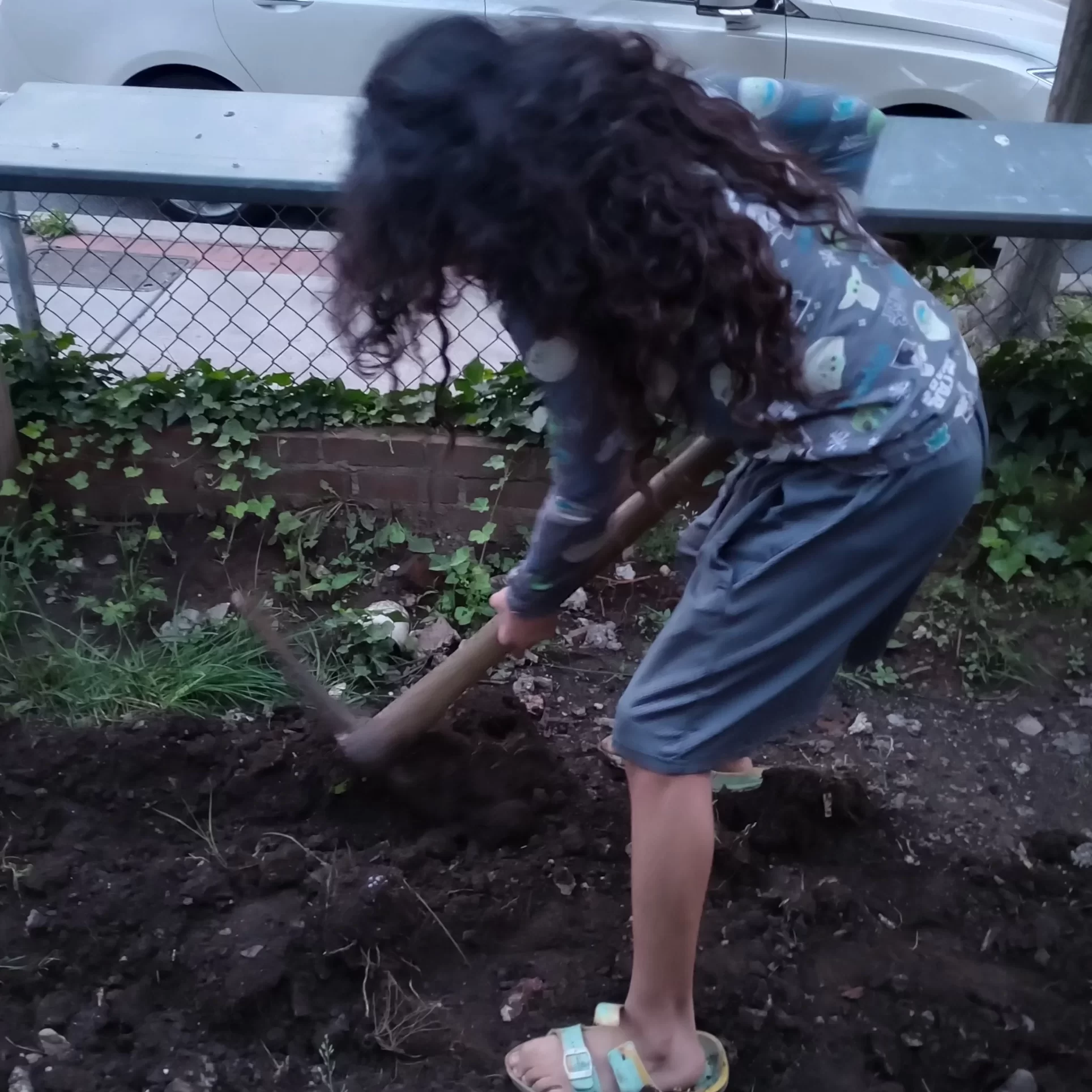What can an Urban Farm do to help the Youth?
1. Hands-On Learning and Education (STEM)
- Urban farms provide practical, hands-on experiences where youth can learn about agriculture, sustainability, and environmental stewardship. They gain knowledge about where food comes from, the importance of healthy eating, and how to grow their own food.
-
2. Physical and Mental Health:
- Working on an urban farm promotes physical activity, which is beneficial for overall health. Additionally, spending time in nature and engaging in farming activities can reduce stress, improve mental well-being, and foster a sense of accomplishment.
3. Social Skills and Community Building:
- Urban farming encourages teamwork, collaboration, and communication among youth. It helps them build relationships with their peers, mentors, and community members, fostering a sense of belonging and community.
4. Leadership and Responsibility:
- By participating in farm activities, youth develop leadership skills and a sense of responsibility. They learn to take ownership of tasks, make decisions, and see the direct results of their efforts, which boosts confidence and self-esteem.
5. Sustainability and Environmental Awareness:
- Youth involved in urban farming gain a deep understanding of sustainability practices, such as composting, water conservation, and organic farming. This knowledge empowers them to make environmentally conscious choices and become advocates for sustainable living.
6. Economic and Entrepreneurial Skills:
- Urban farming can introduce youth to basic economic principles, such as supply and demand, budgeting, and marketing. If they engage in selling produce, they learn valuable entrepreneurial skills that can be applied in various aspects of life.
7. Food Security and Access:
- Urban farms can address food insecurity in communities by providing fresh, locally grown produce. Youth who work on these farms contribute to food access efforts, helping to ensure that healthy food is available to all members of their community.
8. Cultural Connection
- Urban farming can be a way for youth to connect with their cultural heritage, learning traditional farming techniques, and understanding the historical significance of agriculture in their culture.
9. Career Exploration:
- Exposure to urban farming can spark interest in agriculture-related careers, such as farming, environmental science, nutrition, or food systems management. Youth can explore these fields through internships, mentorships, or further education.
10. Empowerment and Advocacy:
- Urban farming empowers youth to become advocates for food justice, sustainability, and social equity. They learn the importance of civic engagement and how they can make a positive impact on their community and the world.

Biology, Environmental Science and other subject matters are taught when you know how to grow vegetables!

Learning by doing is the most effective way to ensure knowledge is retained.











